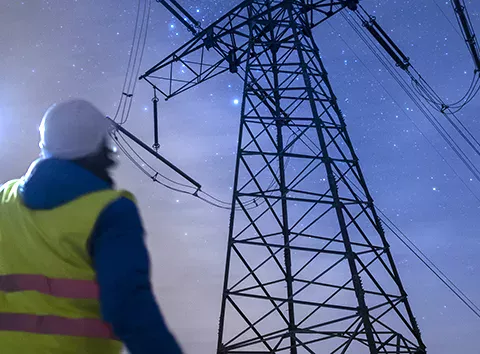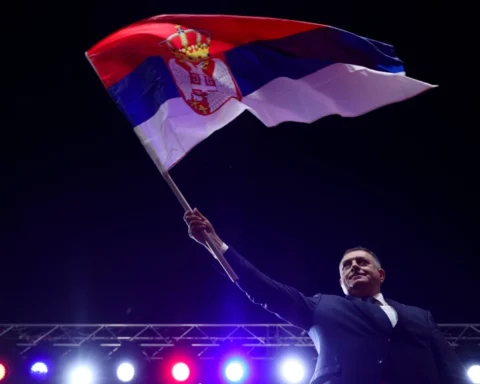- People of Gradacac, Bosnia and Herzegovina, to obtain better water and wastewater services
- EBRD loan topped by WBIF bilateral donor grants to boost investment
- Project to significantly contribute to water loss reduction
The project will improve the quality of service by aiming to supply water to 80 per cent of the population in the urban area and reducing water losses. In addition, thanks to an extension of the sewerage network, the project has already increased the number of households connected to the wastewater system.
As part of the project, the city introduced an improved water tariff collection based on accurate metering, which makes the service more sustainable.
New finance of over €2 million in grants is now provided by the bilateral donors of the Western Balkans Investment Framework (WBIF). It tops up an earlier EBRD loan of €6 million, €2 million of donor funds from the Swedish International Development Agency (Sida) for investment and technical assistance, as well as a parallel grant of €1 million from the government of the Czech Republic for the construction of a new wastewater treatment plant. This will enable the municipality to meet European Union (EU) standards in the area of urban wastewater.
The WBIF grant co-financing will contribute to the reconstruction of the existing water supply network in urban areas where losses are the highest. The tendering for the replacement of dilapidated water mains is expected to be completed by the end of 2020, a key step for water loss reduction.
The WBIF is a joint initiative by the EU, international financial institutions, bilateral donors and the governments of the Western Balkans and was established to support socio-economic development and the accession of the Western Balkans countries into the EU. It combines resources for investments in the infrastructure sector, supporting small businesses and the green economy as well as promoting socio-economic development.
The EBRD serves as a founding member and fund manager of the WBIF. Investments in Bosnia and Herzegovina include, for example, the construction of sections of Corridor Vc, a strategic transport link to EU countries.
Since it began operations in Bosnia and Herzegovina in 1996, the EBRD has invested €2.6 billion in 183 projects there.





